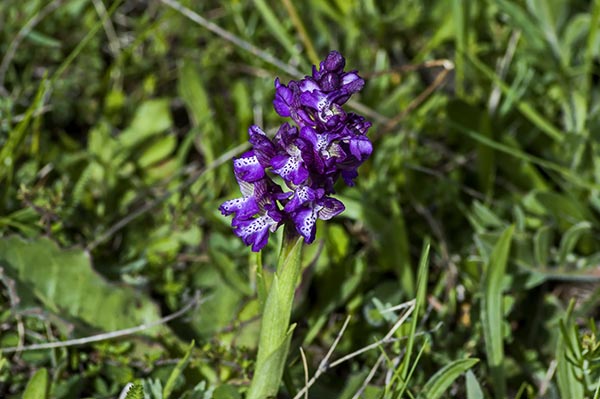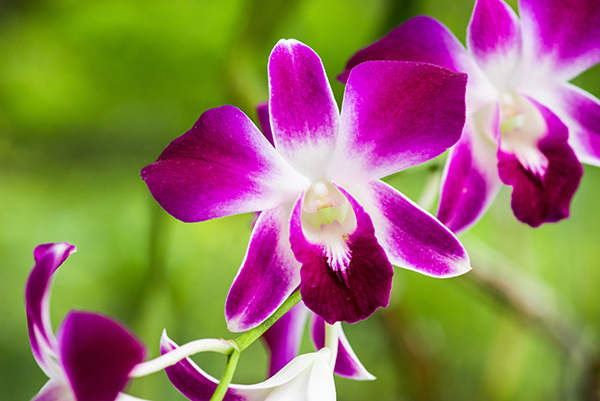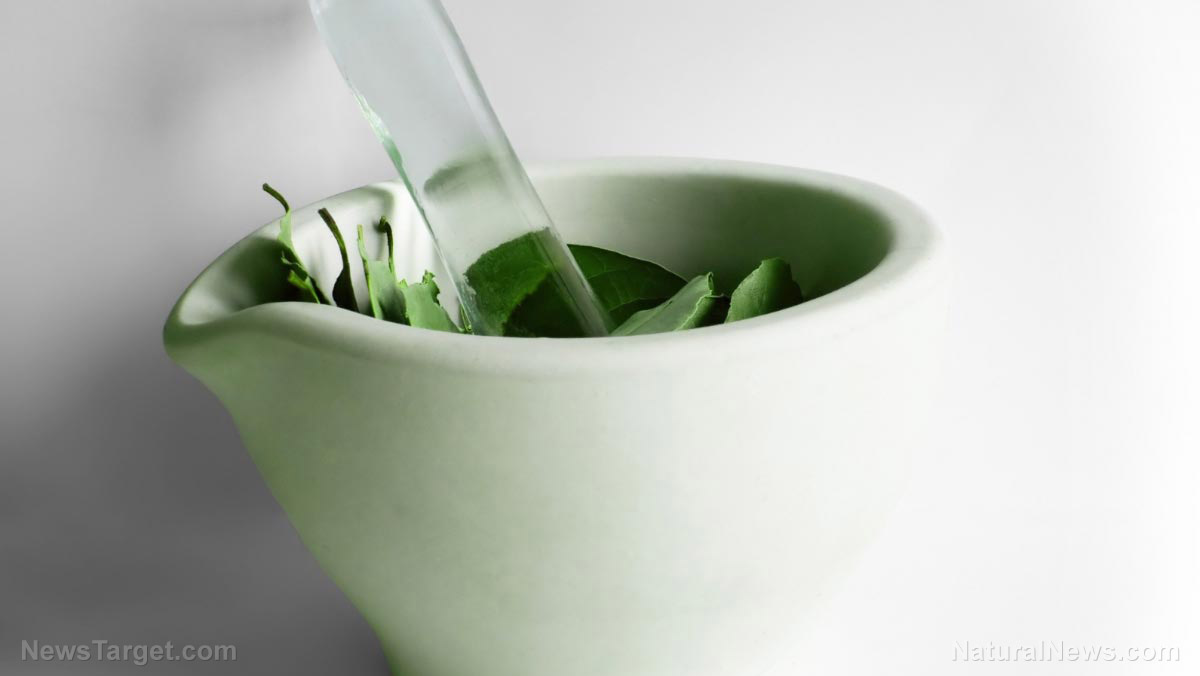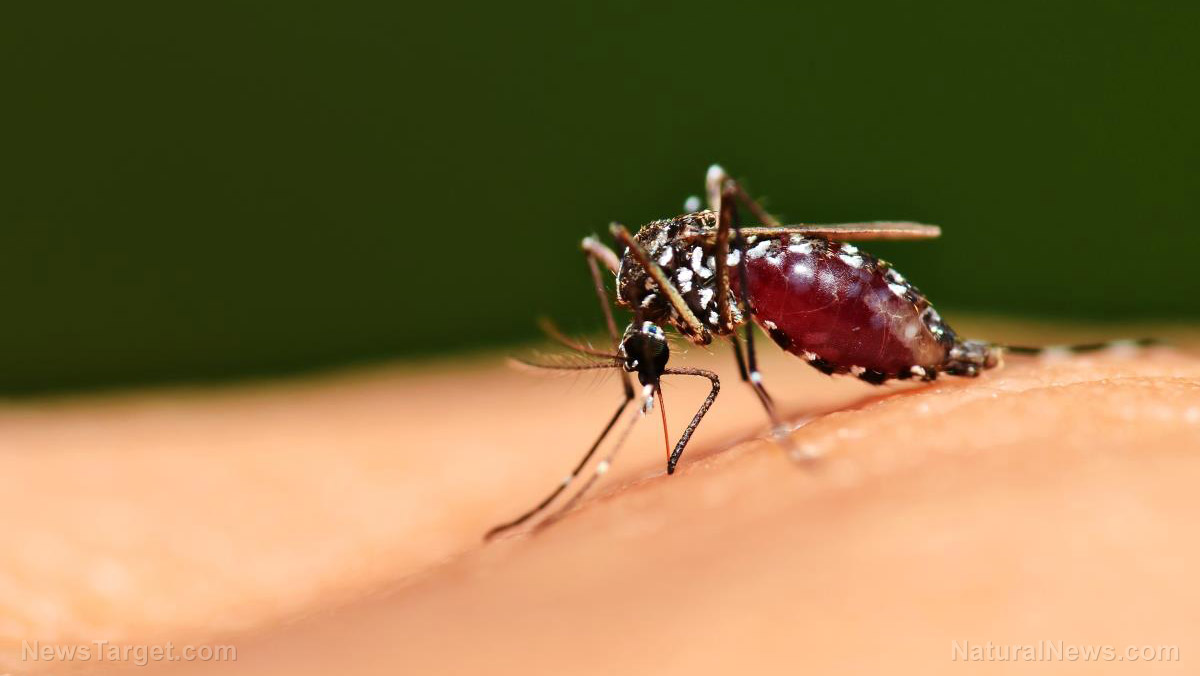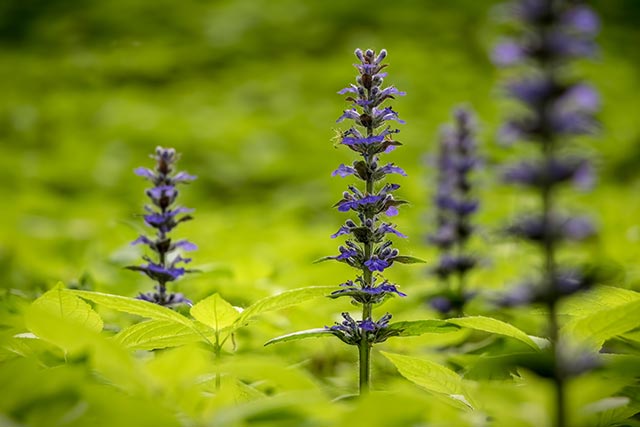Indian goosegrass can protect against drug-induced kidney damage
07/03/2020 / By Evangelyn Rodriguez
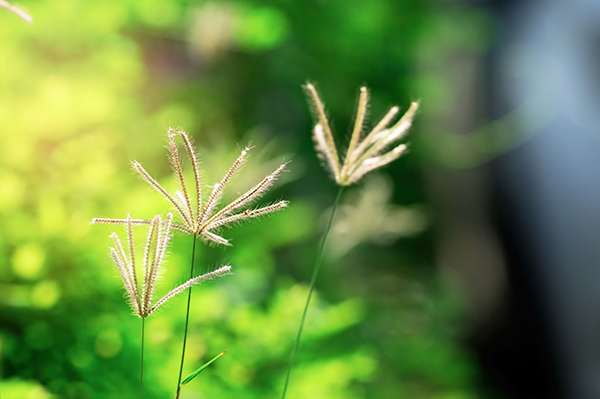
Drug-induced nephrotoxicity (kidney toxicity) is a common problem in clinical medicine. Certain medications prescribed to treat chronic conditions also inevitably cause acute kidney injury. In fact, the incidence of drug-related acute kidney injury may be as high as 60 percent, according to a study. This is not only costly for many patients, but it also requires multiple interventions and hospitalization to treat.
Drug-induced nephrotoxicity is complex and is caused by various mechanisms. These include inflammation, uric acid deposition, alterations in the blood flow through the kidneys or damage in the smallest blood vessels inside vital organs. Medications that are often linked to drug-induced kidney damage include antibiotics, non-steroidal anti-inflammatory drugs (NSAIDs), angiotensin-converting enzyme inhibitors and statins.
Drug-induced nephrotoxicity commonly affects patients with diabetes, congestive heart failure, chronic kidney disease and sepsis. Due to the life-threatening nature of these conditions, early detection of the adverse effects of drugs is important in order to prevent progression to end-stage renal disease. At this stage, the kidneys are no longer able to function adequately and dialysis or a kidney transplant is required to ensure patient survival.
But in a recent study, researchers at the University of Yaounde 1 in Cameroon reported that the medicinal plant Eleusine indica, commonly known as Indian goosegrass, can protect the kidneys from drug-induced nephrotoxicity. Indian goosegrass is a folk medicine in Cameroon and is widely used to treat various illnesses, not least of which are kidney-related problems.
The researchers reported their findings in an article published in The Journal of Phytopharmacology.
Indian goosegrass helps prevent kidney damage and drug-induced kidney failure
To investigate Indian goosegrass’ biological properties, the researchers first obtained an aqueous extract, which they used to treat rats with kidney damage. The researchers divided the rats into the following groups:
- Group I (control), given 0.9 percent saline via injection and 10 mL/kg distilled water
- Group II (negative control), given 30 mg/kg L-NAME to induce nephrotoxicity
- Group III (positive control), given 12.5 mg/kg losartan, an antihypertensive drug, and L-NAME
- Group IV, given 100 mg/kg of the Indian goosegrass extract and L-NAME
- Group V, given 200 mg/kg of the extract and L-NAME
After 60 days, the researchers measured the animals’ blood pressure, lipid profile and kidney and oxidative stress parameters. They found that L-NAME significantly elevated blood pressure, total cholesterol, triglycerides and LDL cholesterol levels while significantly reducing HDL cholesterol.
Nephrotoxicity was evident due to significant elevation in serum levels of creatinine, urea and potassium, plus a significant reduction in sodium and glomerular filtration rate (GFR) compared with controls. GFR is a test commonly used to determine how well the kidneys are working. (Related: Which plants are effective at treating kidney diseases?)
The researchers also reported that catalase, glutathione (GSH) and nitrite levels were also significantly decreased in L-NAME injected groups. But treatment with the Indian goosegrass extract prevented the rise in blood pressure and improved the lipid profile, kidney function and antioxidant defenses of L-NAME injected rats.
Based on these findings, the researchers concluded that Indian goosegrass can protect against drug-induced nephrotoxicity and kidney failure through its antioxidant activity.
Other health benefits of Indian goosegrass
Indian goosegrass is native to Eurasia and has been considered a troublesome weed in some regions, mainly for its resistance to herbicides. However, its seeds are actually edible and has a history of use as food during famine.
According to studies, Indian goosegrass offers substantial health benefits. These include: (h/t to HealthBenefitsTimes.com)
- Anti-cancer and antioxidant activities
- Eliminates toxins through urine
- Flushes out worms and parasites from the stomach
- Helps stop wound bleeding
- Prevents arthritis
- Helps treat diabetes
- Helps lower blood pressure
Indian goosegrass can be used in a variety of ways in the kitchen. You can cook its seeds or use them to make flour, gruels and cakes. Alternatively, you can grind them to make a healthy substitute for non-caffeinated coffee. You can also add its young shoots to omelets, salads and soups. Whether you decide to use Indian goosegrass as food or as a natural remedy, this versatile plant will make a great addition to your diet or to your medicine cabinet.
Learn more about medicinal foods at FoodIsMedicine.com.
Sources include:
PhytopharmaJournal.com [PDF]
Tagged Under: alternative medicine, food cures, food is medicine, functional food, Indian goosegrass, kidney damage, kidney health, kidney toxicity, natural cures, natural medicine, prevention, remedies, research
RECENT NEWS & ARTICLES
COPYRIGHT © 2017 RESEARCH NEWS

